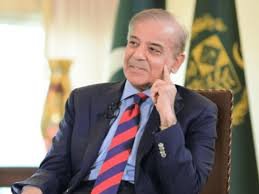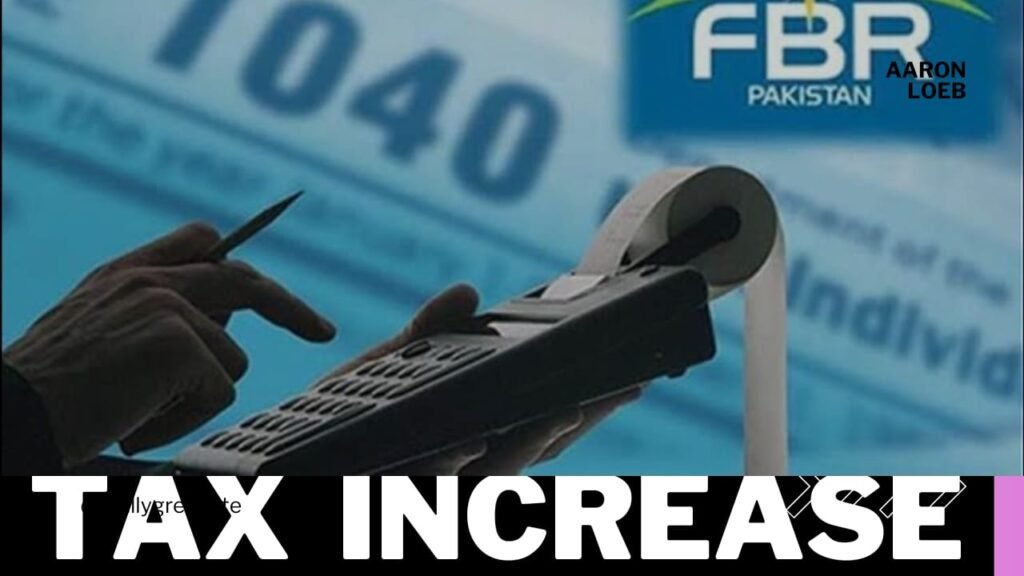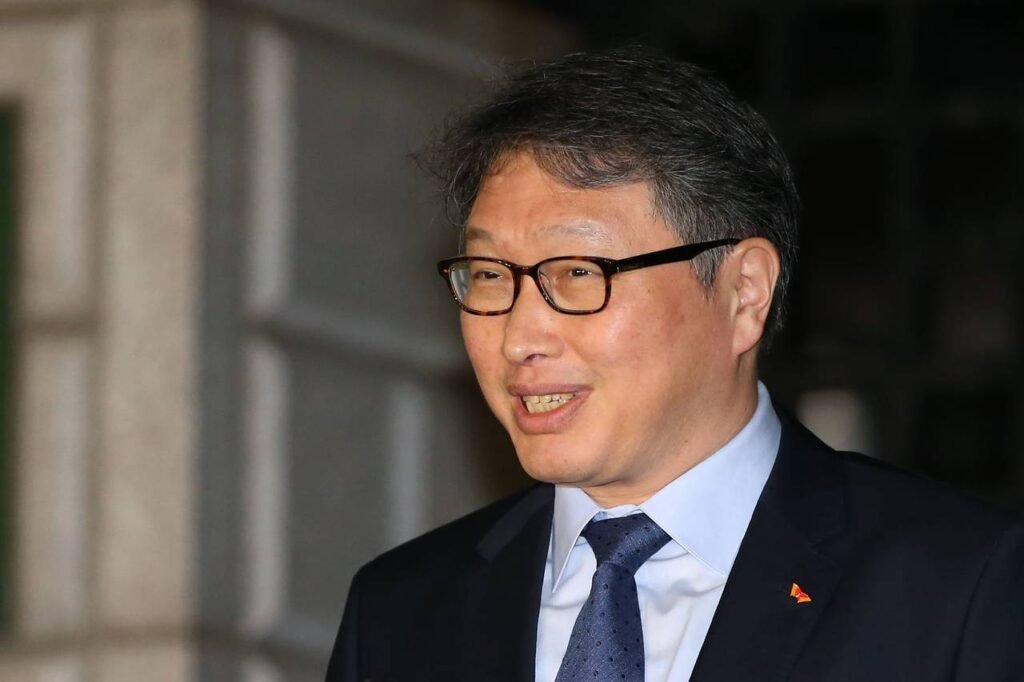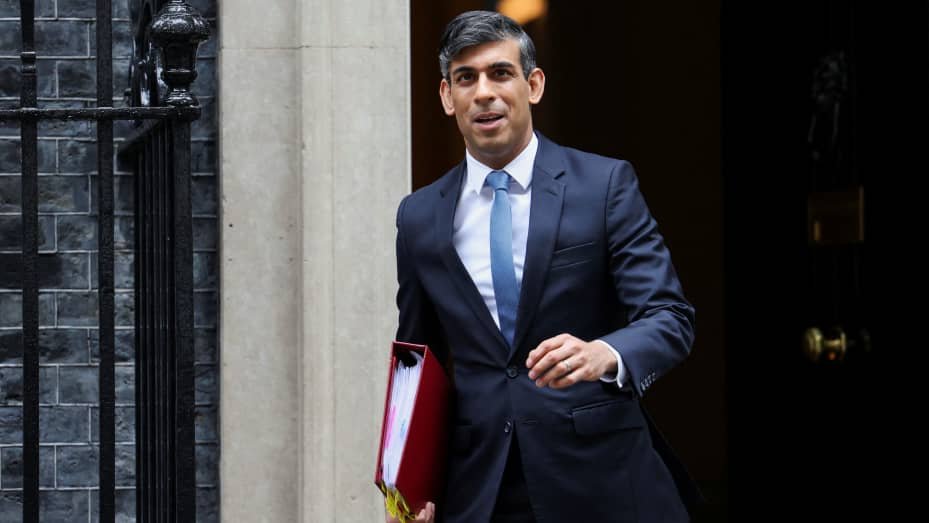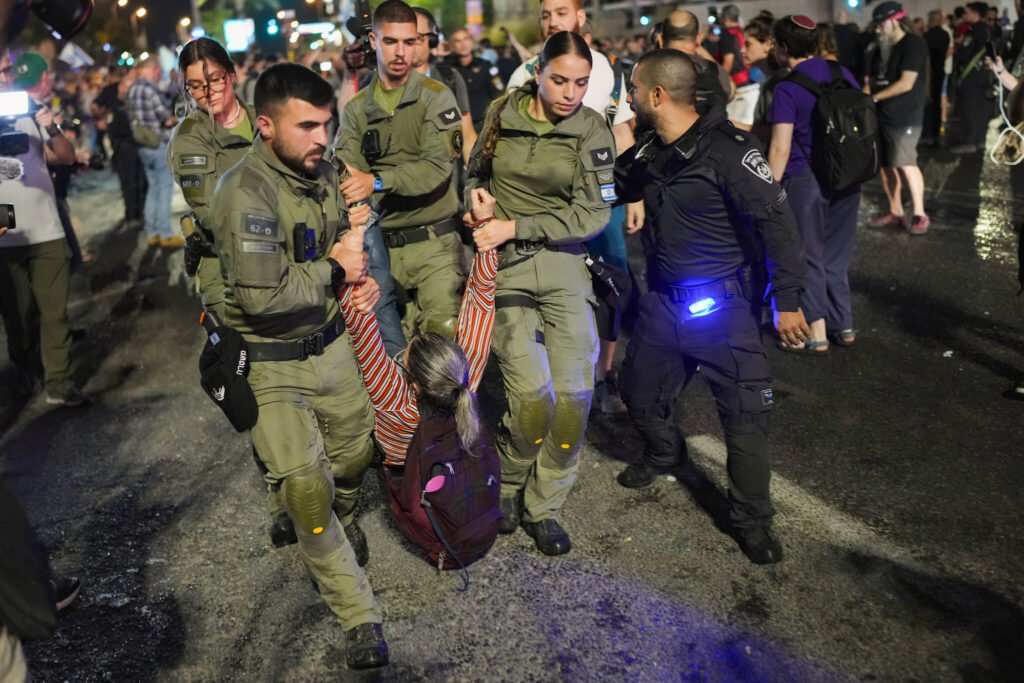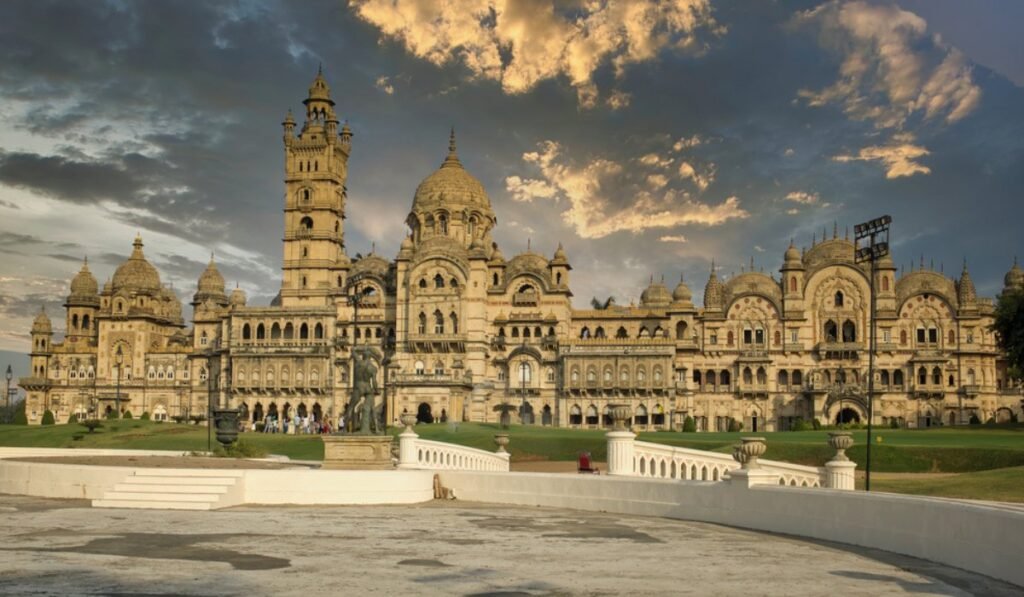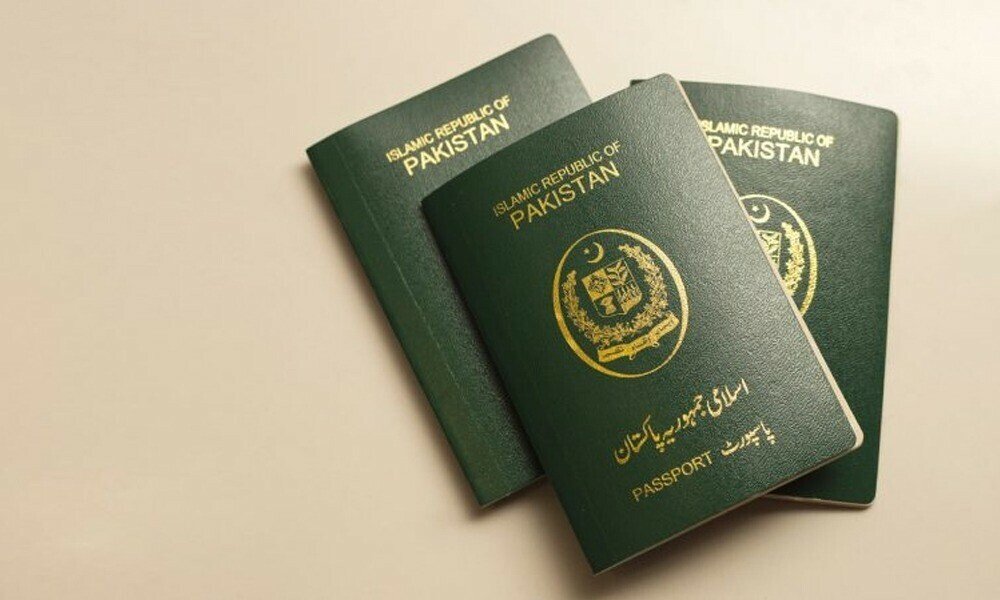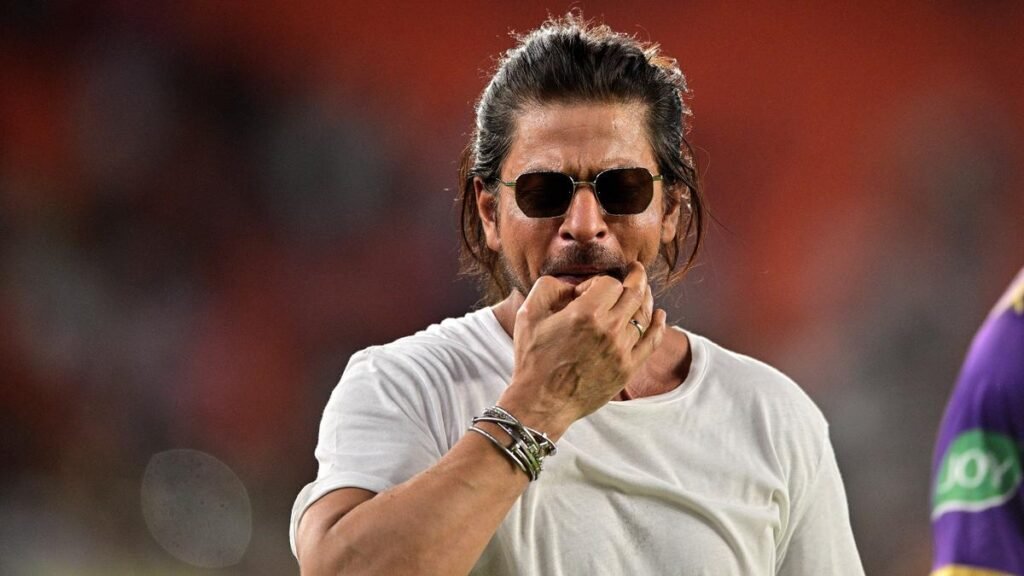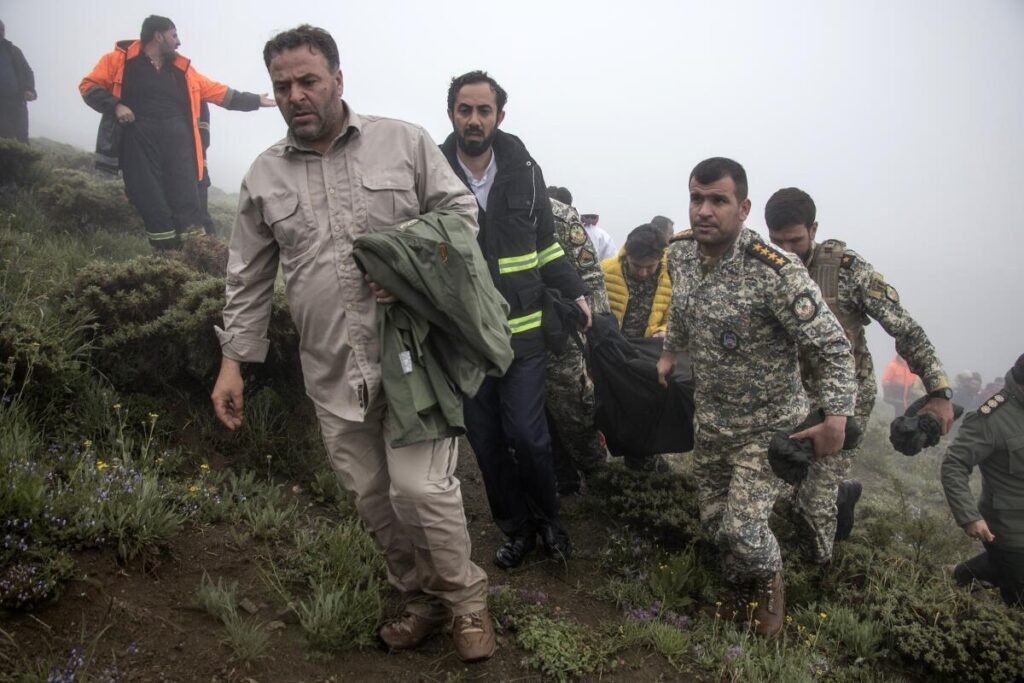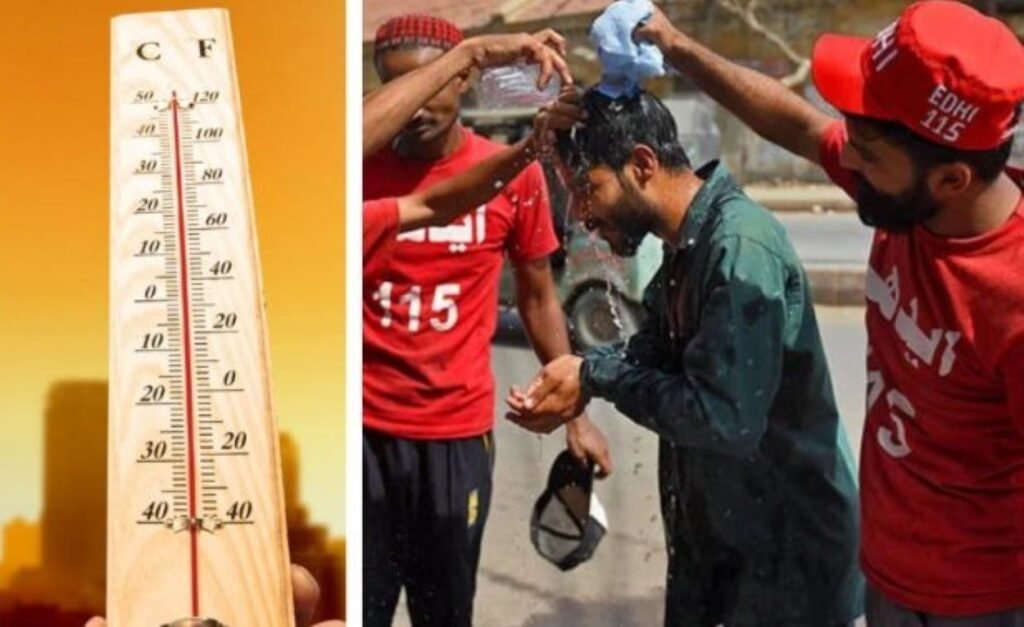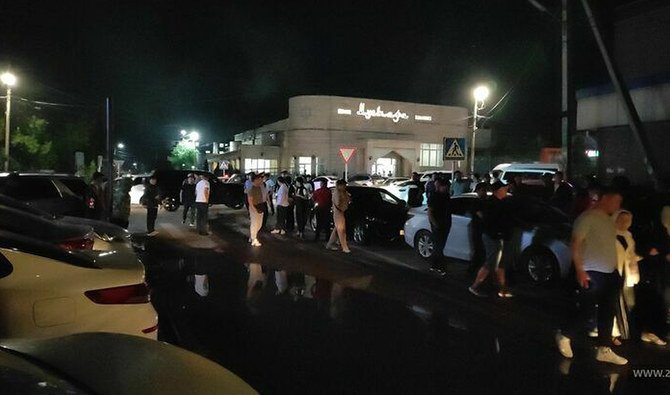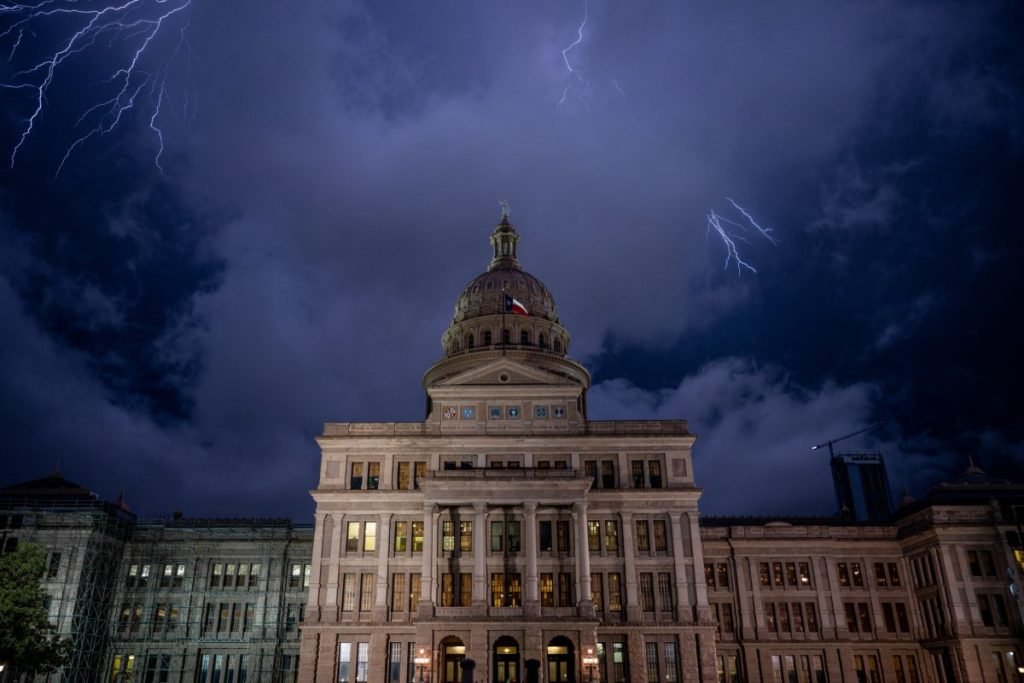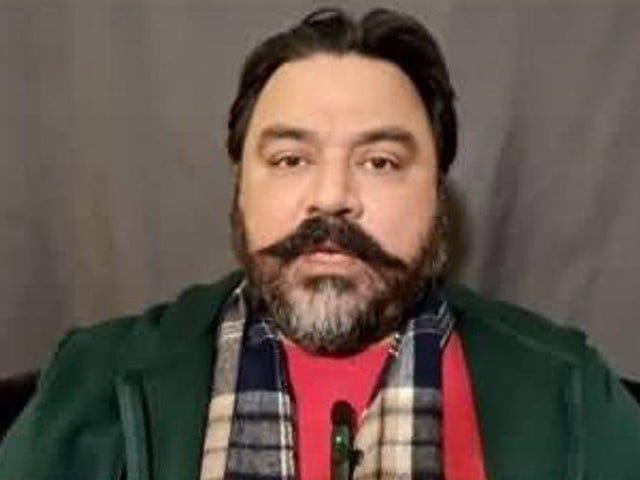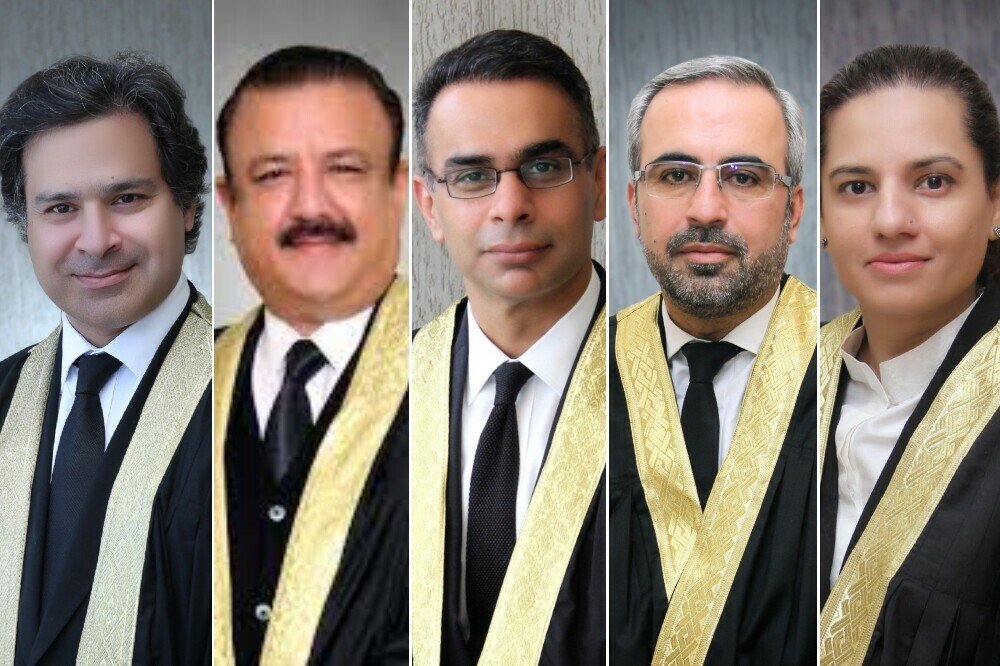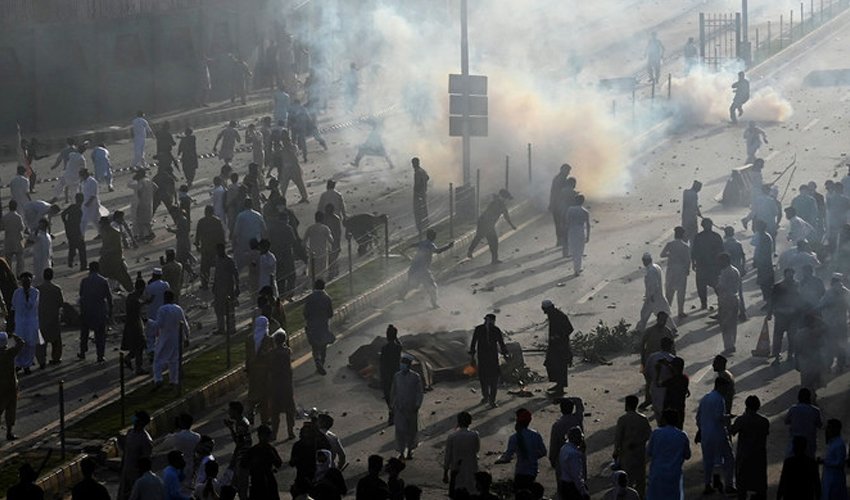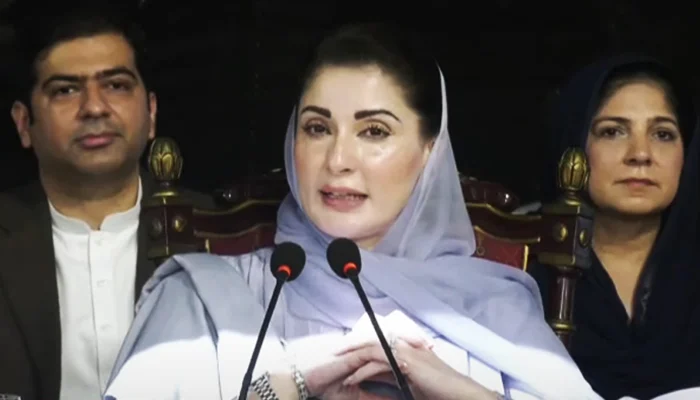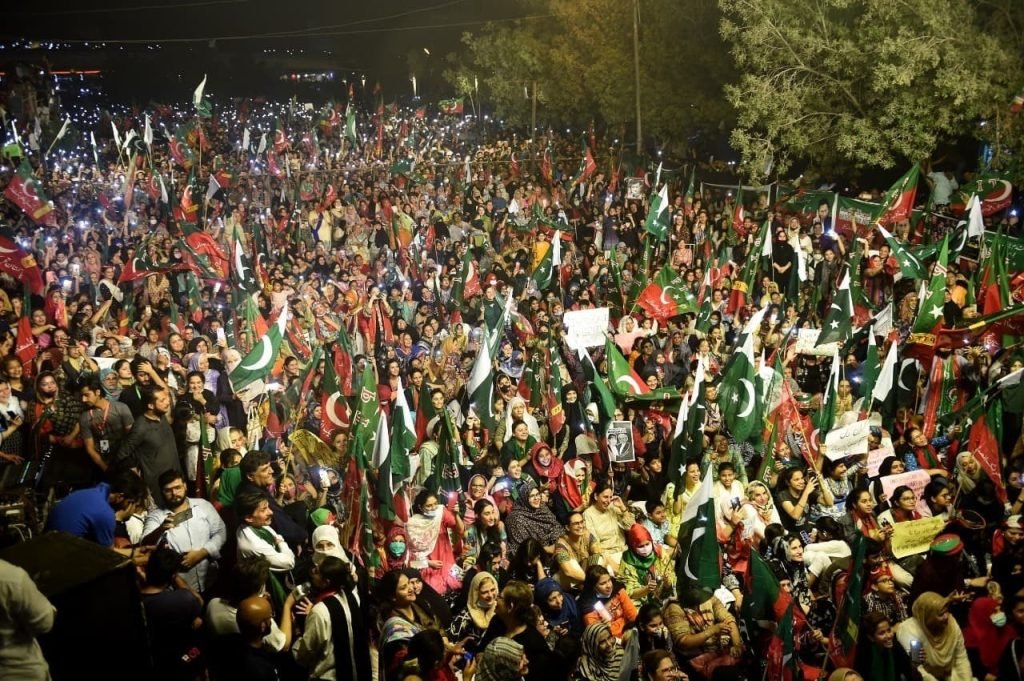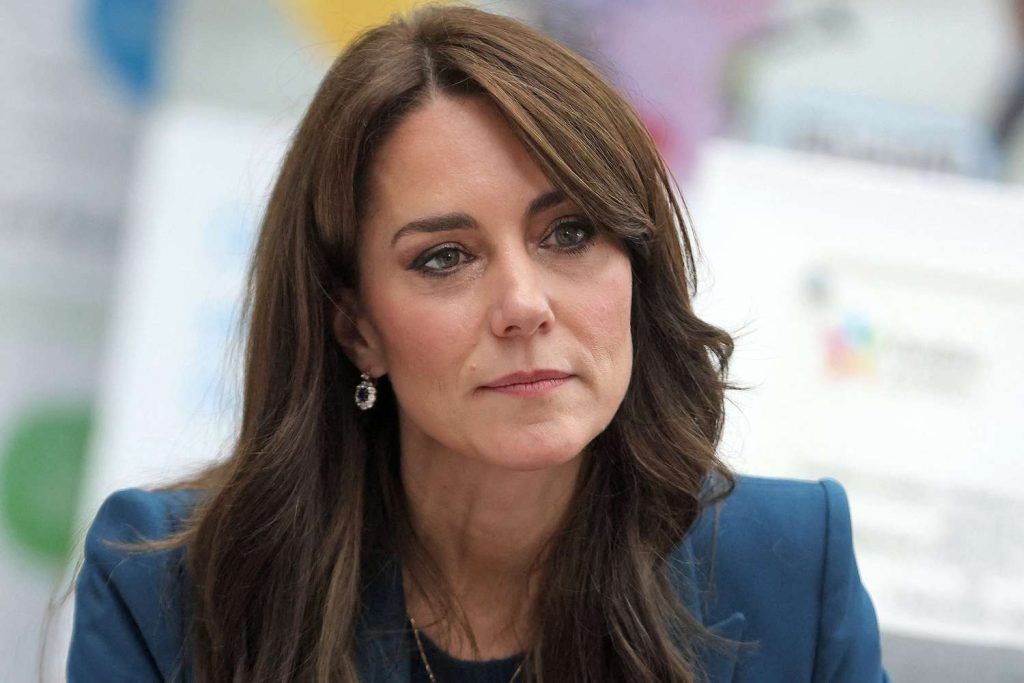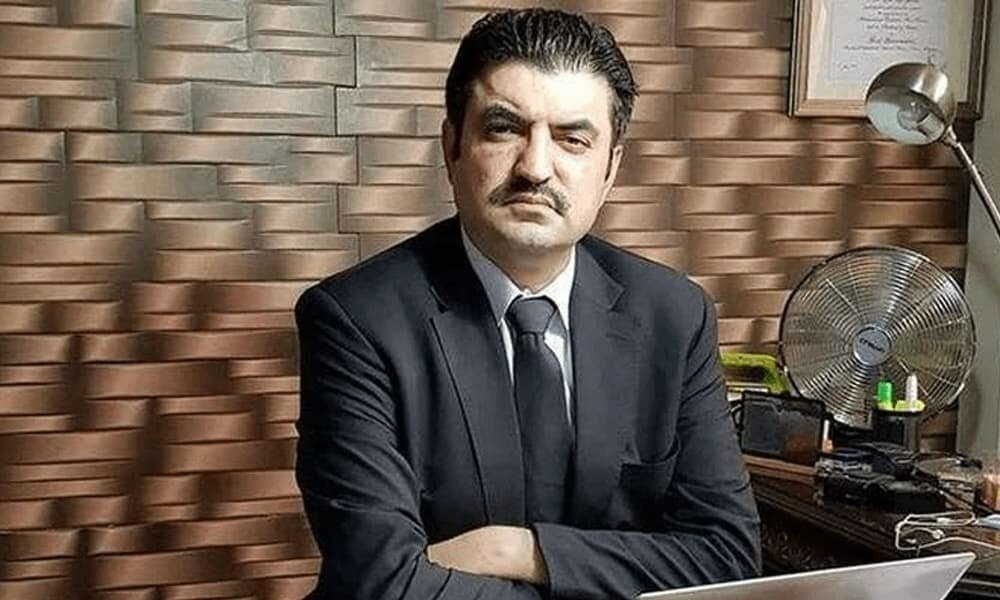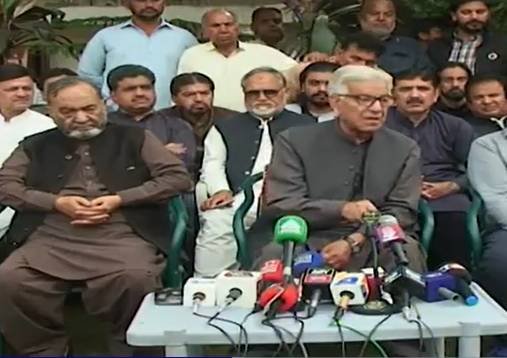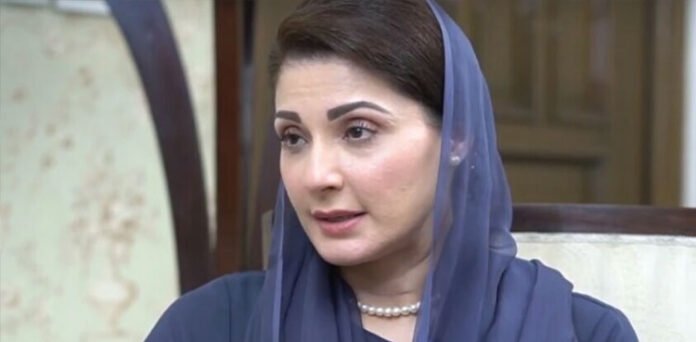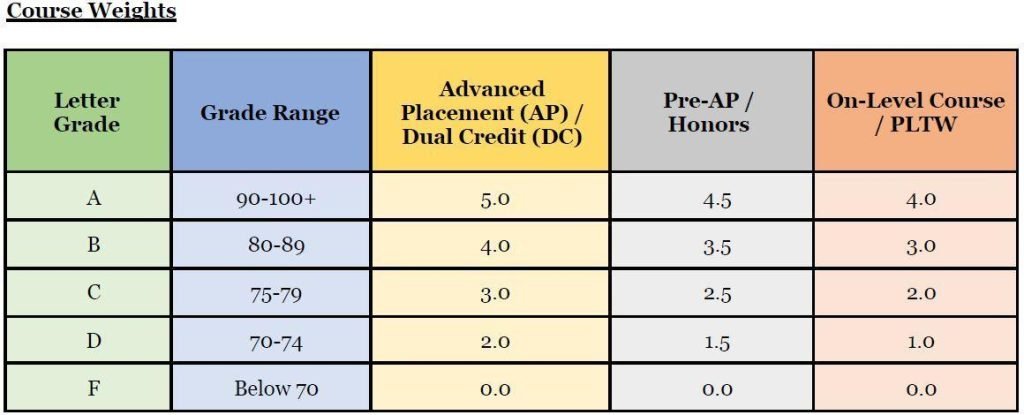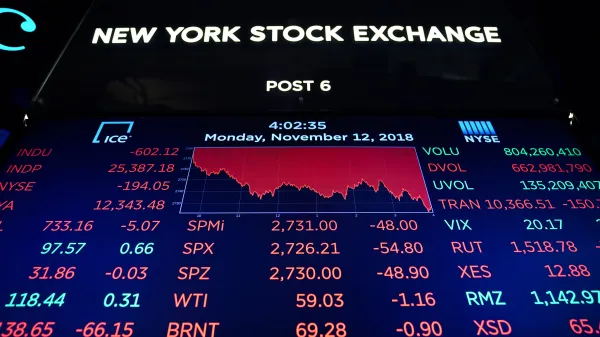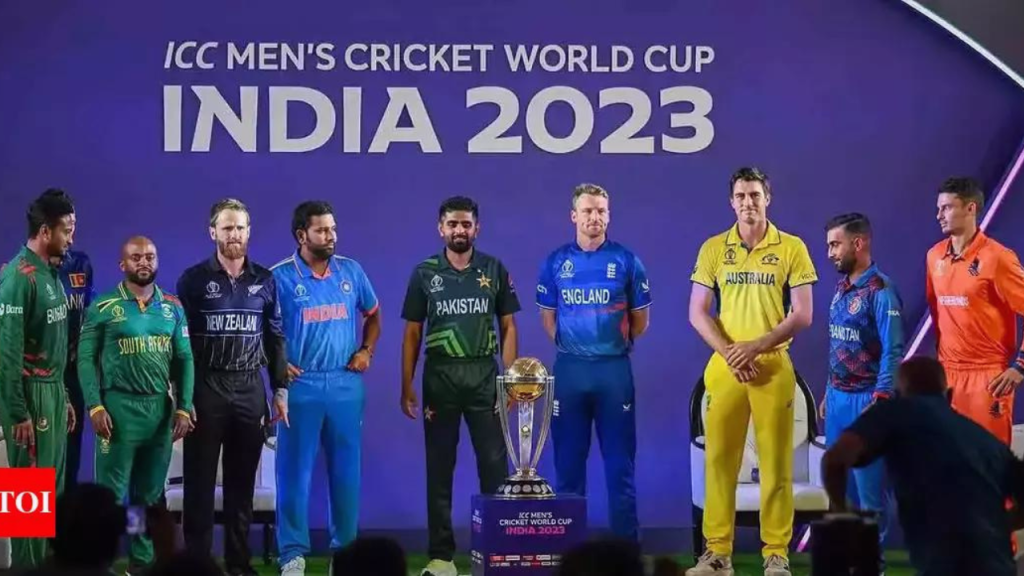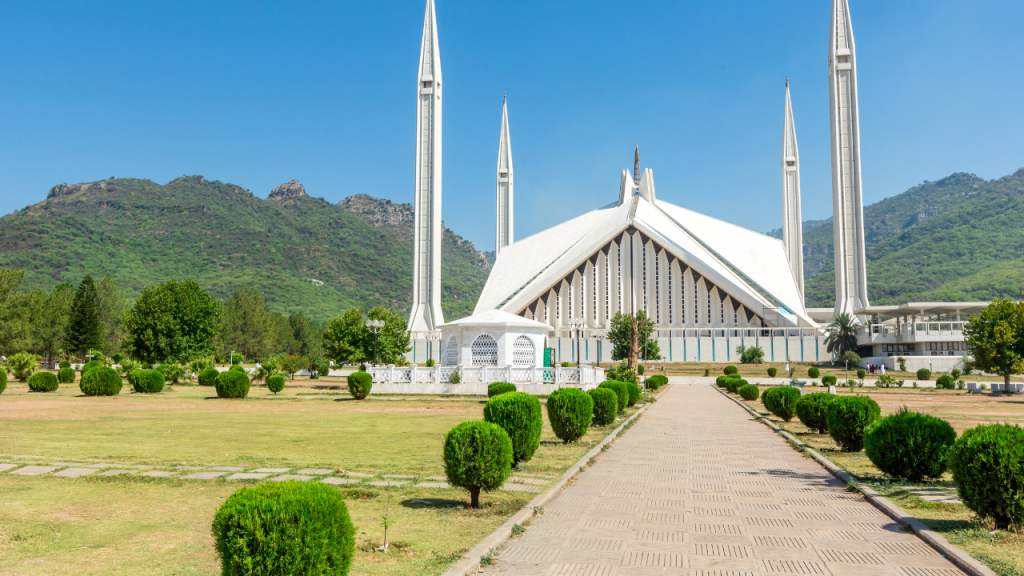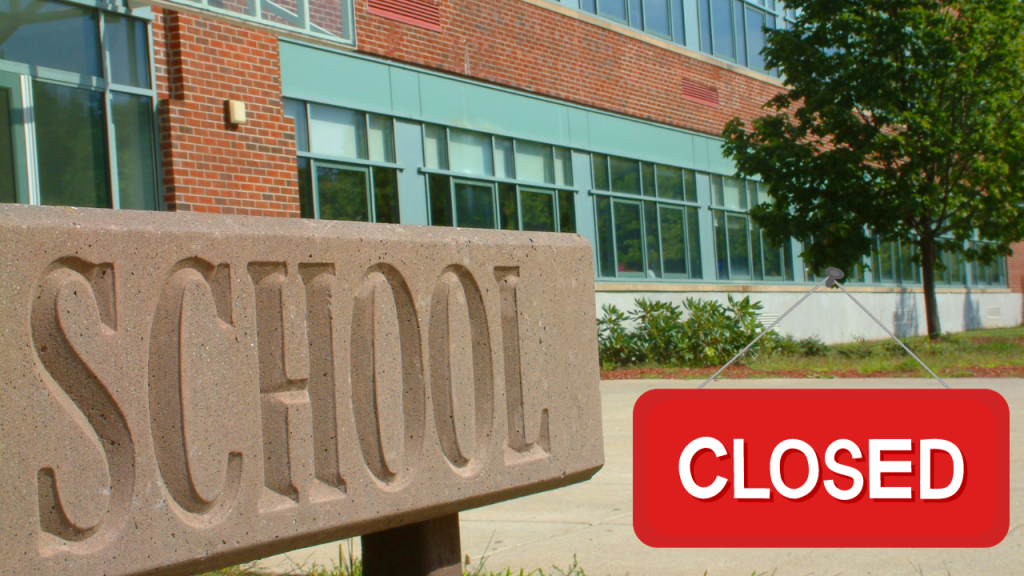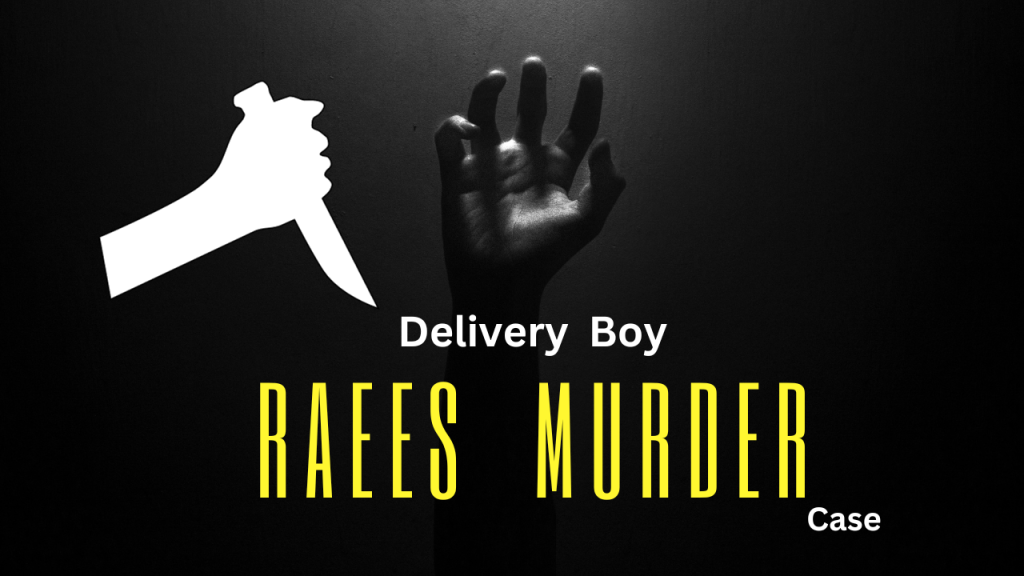Verdict in the SC military trial: KP government asks to withdraw its appeal
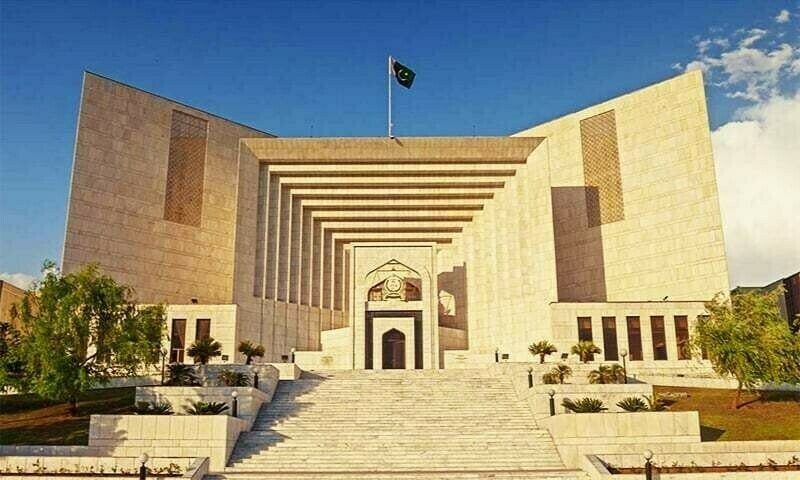
ISLAMABAD: As the Supreme Court resumed Monday the hearings of appeals regarding its decision on the military trial against civilians, Khyber Pakhtunkhwa requested that the appeal of the former provincial caretaker against the verdict be withdrawn.
The lawyer for the KP government presented a resolution that was passed by the KP Provincial Cabinet led by Chief Minister Ali Amin Gandapur. It stated that the cabinet now wanted to withdraw its intra-court appeal.
The Supreme Court, however, denied the request. It stated that an appeal could not be returned on the basis of cabinet resolutions. The court also instructed the lawyer to submit a formal request in this matter.
In November of last year, the KP caretaker, as well as the federal government and other provinces filed intra-court appeals to the October 23 verdict issued by the apex courts, which was a five member bench.
The top court has declared that civilian trials held in military courts are null and void. These riots were sparked by the arrest of Pakistan Tehreek-e-Insaf founder Imran Khan on a corruption charge.
The court also ruled that criminal courts established by ordinary or special laws of the country could try 103 people and anyone else who might be implicated in the events on May 9 and 10.
PTI and other groups have complained to the Supreme Court about the lack of transparency in the military trials.
Today, a six member bench led by Justice Aminuddin Khan heard the KP government’s intention to withdraw the appeal.
The lawyer for former Chief Justice (Retd) Jawad Khawaja, one of the petitioners, objected at the beginning of the hearing to the bench that was overseeing the case.
The lawyer said that his client had complained about the size of the bench and stated that it should be larger.
The lawyer requested that a nine member bench be formed. He said the decision in this case should not be tainted by the question of whether a nine-member panel would have heard the proceedings.
It is about public confidence in this institution. The court should request that the committee form a nine-member panel,” said the lawyer.
Khawaja Ahmed Hussain, who was also a petitioner and had previously asked for a nine-member court to be formed, shared his opinion on the issue. He argued that it would be best to refer the matter back to the judges’ committee.
Justice Muhammad Ali Mazhar responded to his request: “If the bench of nine members had been established earlier, it wouldn’t have been possible for us to hear these appeals today.”
The lawyer added that “the five-member Supreme Court bench declared the trial null by issuing a unanimous ruling.”
He said that if a two-to-four member bench declared the hearing null and void, the outcome of the current hearing would become controversial.
He said that it was important for the public to have confidence in the judiciary if the decision wasn’t controversial.
The lawyer for former chief justice Khawaja also informed the court that at least 103 of the accused, who are still in custody, want to be part of the proceedings.
The court should let the family watch the hearing.
Justice Khan asked where the families would be seated as there is no room in the courtroom for hearings.
There is no problem with them coming to court. The SC judge said, “Let’s hear their case.”
The petitioners also opposed the hiring of private attorneys.
Lawyer Faisal Saiddiqui stated that the Attorney General of Pakistan, Mansoor Awan, filed five appeals for government institutions while some ministries hired private attorneys.
Siddiqui questioned the government’s decisions in this matter, saying that AGP had filed these appeals by itself, and why public money should be spent on private attorneys.
The court ordered that the AGP share information about the cases of civilians who were in custody. How many innocent people and acquitted people do you have out of 103? The court asked AGP.
Justice Khan asked Awan whether any of the accused were released or could be freed.
The AGP responded to the SC Judge by saying: “The trials have been completed, but the verdicts are not yet announced.”
Justice Khan said to Awan, “You have stated that some cases were acquittals while others had completed their sentences.”
AGP replied that the Supreme Court injunction prevented acquittals for some of the accused, whose arrest period will be taken into account in the sentence.
Salman Akram Raja argued that the acquittal was not governed by an injunction. He was also present during the hearing.
Raja asked for permission to announce the verdicts of those accused who could be acquitted.
Justice Khan noted that, while the legal battle for the rest of the inmates will continue, those who are acquittable should be released.
The case was then adjourned until Thursday, March 28, 2019.

 English
English 

